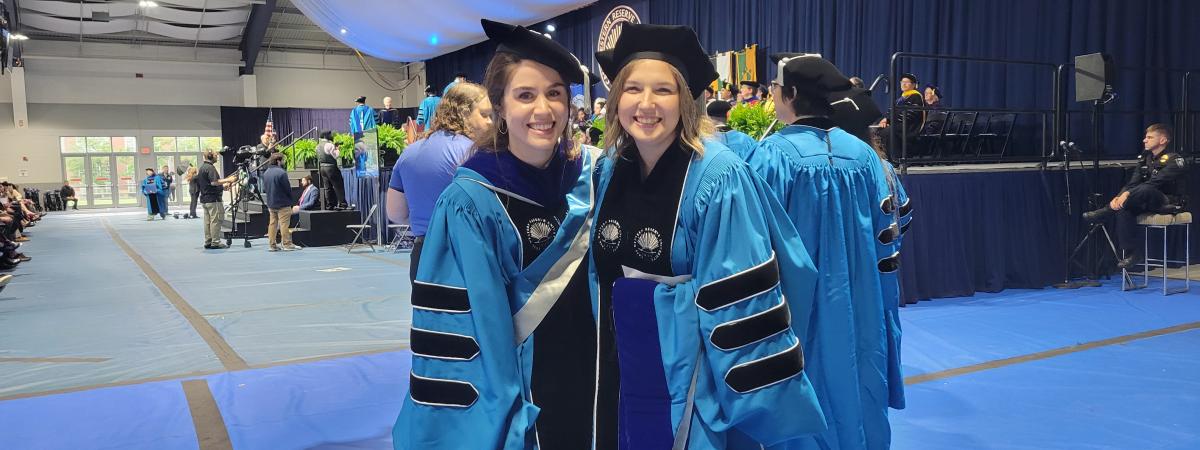Drive Change as a Social Welfare Expert
Doctoral students earning a PhD in Social Welfare at the Jack, Joseph, and Morton Mandel School of Applied Social Sciences learn alongside a world-class faculty, engage in cutting-edge research, and prepare for leadership roles in education, research and the human service sectors.
Virtual Open House Webinar Dates
March 25, 2026
- 9:00 AM until 10:00 AM Eastern Daylight Time
- Register for the March Open House.
April 13, 2026
- 12:00 PM until 1:00 PM Eastern Daylight
- Register for the April Open House.
April 29, 2026
- 4:00 PM until 5:00 PM Eastern Daylight Time
- Register for the April Open House.
As of fall 2025, we are moving to a cohort model of the doctoral program. Over the 2025-2026 academic year, we are revising the mission, vision, courses and program outcomes, updating our mentorship model, and evaluating our faculty development needs.
Information sessions will begin in spring 2026, and we will begin accepting applications for the fall 2027 cohort in fall 2026.
Doctoral Faculty
You’ll work with our esteemed faculty members on funded research projects through research fellowships, independent study and research assistantships.
Program Competencies
Our curriculum and professional development opportunities are focused on assisting you to meet four competencies.
Admission to the PhD Program
We consider your career goals and research interests to make sure there is a good match between you and our faculty members’ qualifications.
To be admitted to the Mandel School's doctoral program, you must hold a master’s degree in social work or a related field, with a strong academic record. Admission is based on practical social welfare experience, letters of reference and English proficiency.
Applicants should upload unofficial transcripts and test scores, including TOEFL (minimum 90), IELTS (minimum 7.0), or PTE Academic (minimum 61), and will need to submit official documents only if admitted. International students must include certified English translations for non-English documents.
The application includes:
- A scholarly writing sample,
- A 3-5 page personal statement,
- A research statement, and
- Three recommendation letters.
There is a $50 nonrefundable application fee, and the GRE is not required. Interviews and site visits are recommended but not mandatory. The Doctoral Program Admissions Committee will review all applications.
Doctoral Student Resources
Review some of our most-used resources for PhD students:


